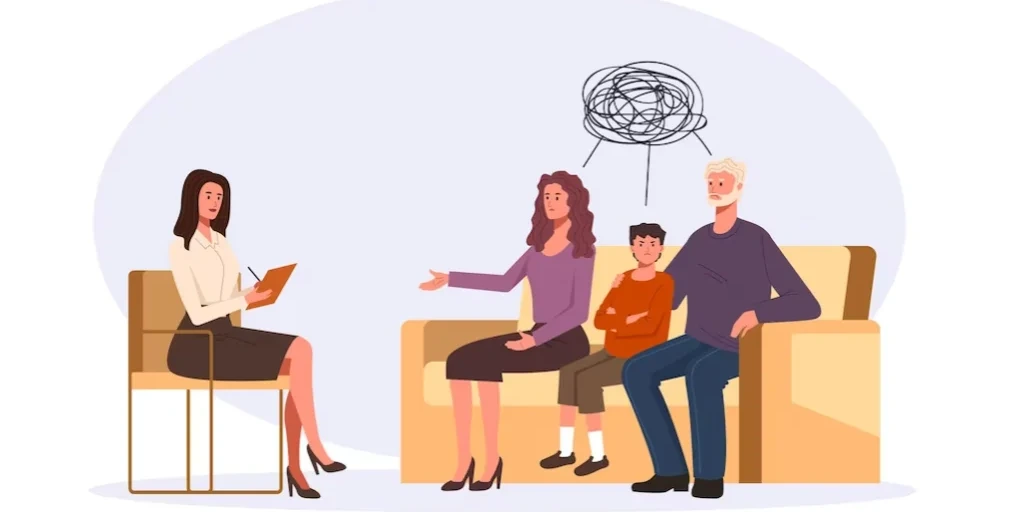24/7 Helpline:
(866) 899-221924/7 Helpline:
(866) 899-2219
Learn more about Codeine Detox centers in Camilla
Codeine Detox in Other Cities

Other Insurance Options

Choice Care Network

BlueShield

Self-pay options

Magellan

Holman Group

UnitedHealth Group

MVP Healthcare

EmblemHealth

Oxford

Optum

Aetna

Health Net

Private insurance

Amerigroup

Optima

PHCS Network

Horizon Healthcare Service

Kaiser Permanente

CareFirst

UMR

SBZ Services Unlimited
SBZ Services Unlimited is a private rehab located in Camilla, Georgia. SBZ Services Unlimited specia...


































